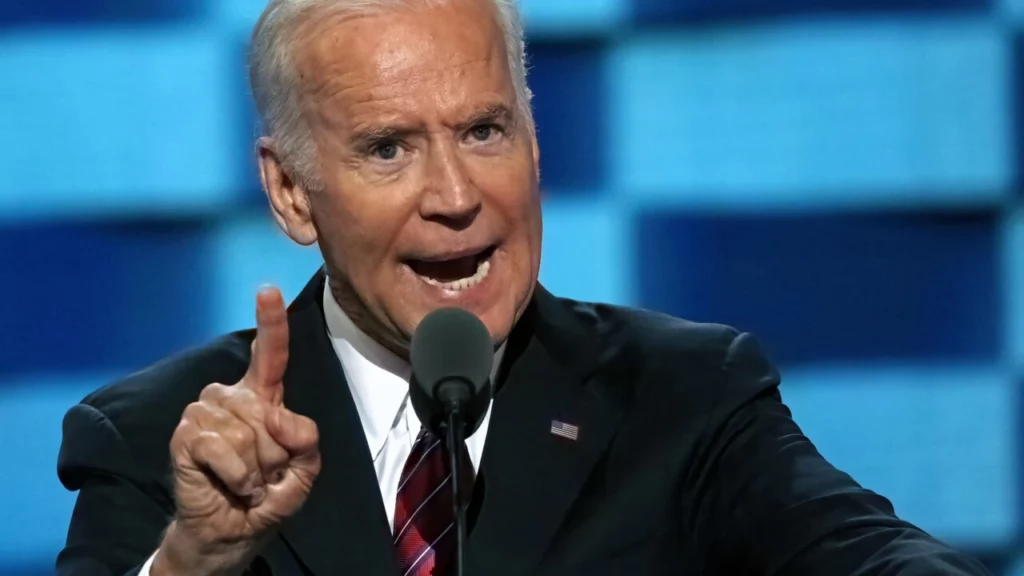
The United States, often referred to as the “”melting pot”” of cultures, has always been a destination for those seeking a better life. However, the approach to immigration and border control has varied across different administrations. Under President Joe Biden, the nation has seen a distinct shift in immigration policies, which has now led to a formidable challenge from 22 Republican-led states.
Biden’s immigration stance, especially his decision to permit an influx of up to 30,000 migrants from South America and the Caribbean each month, has become a focal point of contention. While the policy might be rooted in humanitarian intentions, its practical implications have raised significant concerns. Critics argue that such a policy is economically untenable, especially when many Americans are navigating the challenges of a post-pandemic economy.
The economic struggles of many Americans are evident. From the urban centers to the rural heartlands, issues like unemployment, inflation, and housing challenges are prevalent. In this backdrop, the decision to welcome a significant number of migrants, many of whom require comprehensive assistance, has been met with skepticism and concern.
At the forefront of this opposition is Texas, a state with a significant border stretch and a history of grappling with immigration issues. Alongside 21 other GOP-led states, Texas has taken the bold step of challenging Biden’s policy in a federal court in Houston. Their primary grievance centers around Biden’s humanitarian parole program, which offers residents from countries such as Cuba, Haiti, Nicaragua, and Venezuela a chance for a two-year work stay in the U.S.
These states collectively argue that the program is an overreach by the Biden administration, placing an undue burden on their resources. They further contend that the federal government’s use of its statutory parole authority is not in line with its original intent, which is meant for urgent humanitarian reasons or significant public benefit.
The statistics associated with this program are indeed alarming. Since its inception, the program has allowed 72,000 Haitians, 63,000 Venezuelans, 41,000 Cubans, and 34,000 Nicaraguans to enter the U.S. Each of these individuals, while in pursuit of the American dream, also necessitates taxpayer-funded resources, adding to the economic strain many citizens are already feeling.
The broader Republican community, both at the state and federal tiers, has been vocal in their criticism of the Biden administration’s border strategy. They attribute the current influx of migrants to the reversal of Trump-era border security measures, which they believe were more effective in managing immigration and safeguarding national interests.
Several Republicans in Congress are even considering the drastic step of halting funding to federal agencies that back such programs. Their stance is clear: immigration policies need to be a harmonious blend of humanitarian considerations and the nation’s economic and security imperatives.
As this legal confrontation unfolds, the final outcome remains to be seen. However, the collective voice of these 22 red states sends a clear message: immigration policies must be pragmatic, sustainable, and in alignment with the nation’s broader interests.
In conclusion, while the U.S. remains a beacon of hope for many across the globe, it’s crucial that immigration policies are formulated with a balanced perspective, harmonizing compassion with the nation’s overarching economic and security goals. The united stand of these 22 states emphasizes the importance of this equilibrium.
Source Patriot Journal
